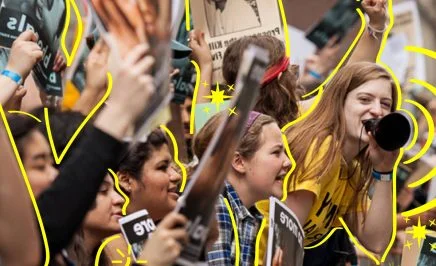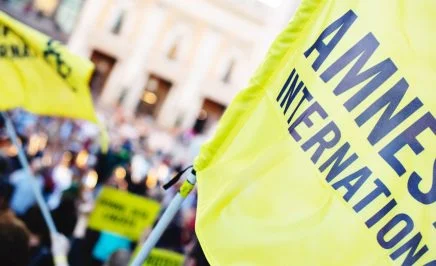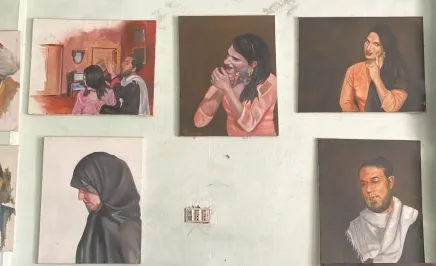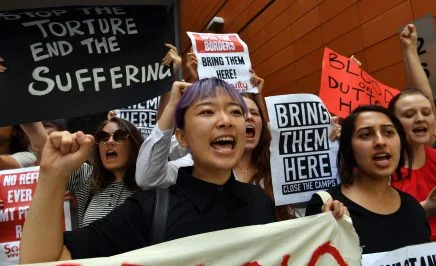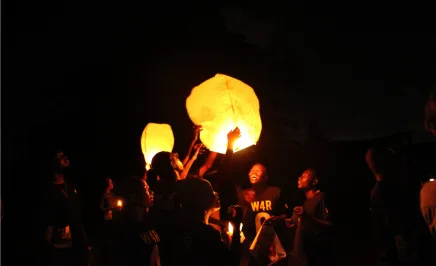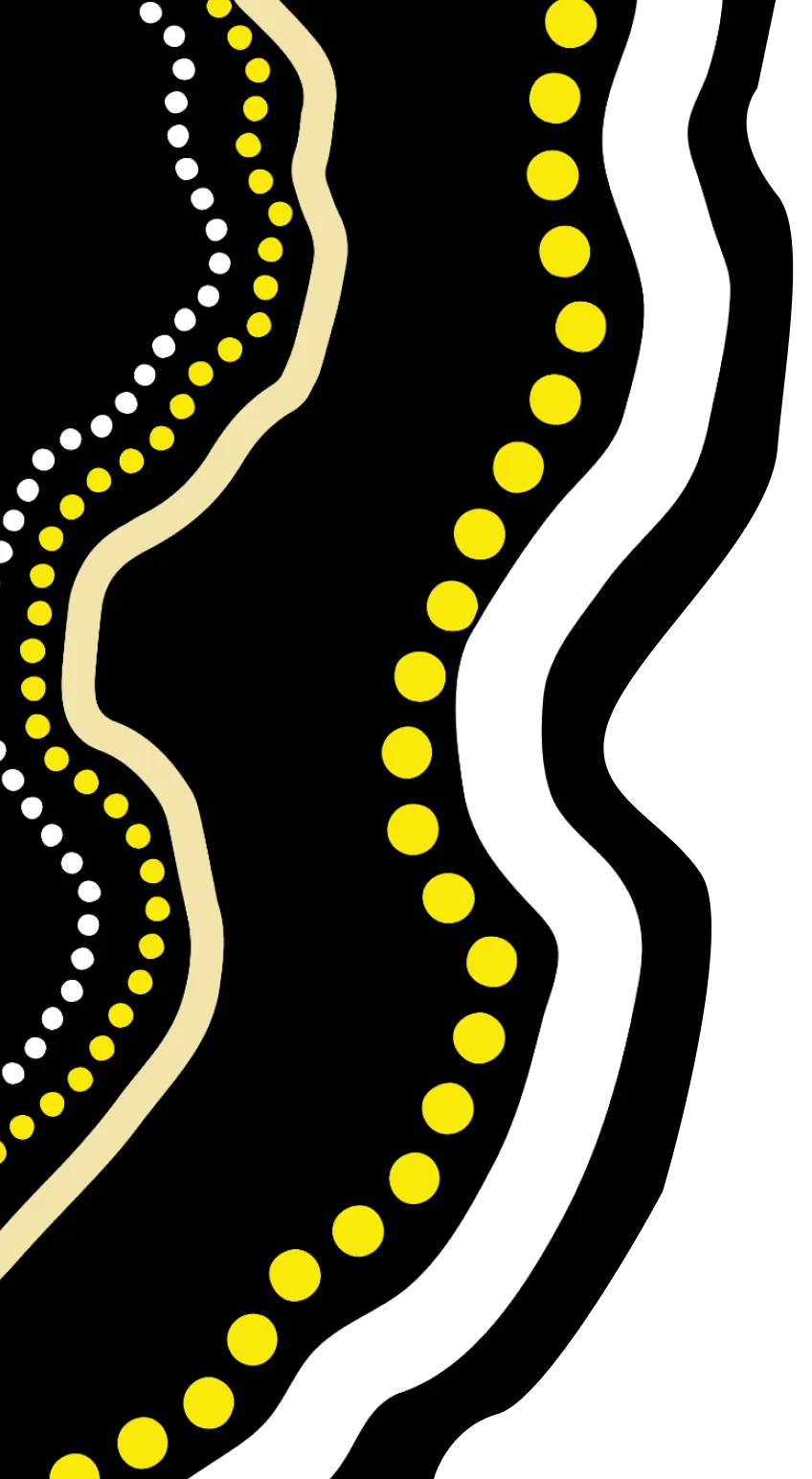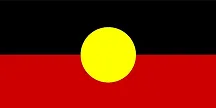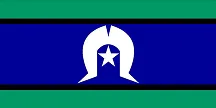Royal Commission into Aboriginal Deaths in Custody
Thirty-eight years ago in 1987, a national inquiry began and four years later delivered its final report, the ‘Royal Commission into Aboriginal Deaths in Custody’, 1991.
The Commission was launched to investigate and report on social, cultural and legal issues after a growing outrage at the number of Aboriginal and Torres Strait Islander people who were dying in police and prison custody. The Commission investigated the manner of circumstances of 99 deaths that occurred in custody between January 1980 and May 1989, and produced a total of 339 recommendations to prevent more lives from being lost.
The report concluded that Indigenous people had higher changes of dying in custody simply because they had a higher chance of being put in custody to begin with. The over-representation of Indigenous people in prisons comes down to the discriminatory ways in which they are treated, not their behaviour.
The recommendations called for:
- Fewer arrests,
- Alternatives to prison,
- Better access to healthcare and legal support,
- Action on the root causes of incarceration – poverty, racism, and systemic neglect.
Injustice continues
The Royal Commission into Aboriginal Deaths in Custody was supposed to be a turning point. But more than three decades later, the same injustices continue.
Since the Royal Commision there have been around 590 deaths in custody; 590 lives lost that could have been saved if governments had fully implemented the recommendations set out by the report.
What’s next
Our work on Indigenous rights, our campaign to raise the age of criminal responsibility ties directly to this unfinished work.
When governments criminalise children as young as ten, ignore the trauma of out-of-home care and invest in prisons instead of prevention, they’re fuelling the very systems the Royal Commission warned us about.
“Every child in a watch house, in youth detention, every adult in a cell, is part of a system that continues to disproportionately harm Aboriginal and Torres Strait Islander people.”
Kacey Teerman, Gomeroi woman and Amnesty International Indigenous Rights Campaigner
At Amnesty, we are still pushing for those 339 recommendations to be fully implemented.
We are still calling out the injustice.
And we are still fighting for a future where no family has to mourn the loss of a loved one in custody.
Thank you for standing with us as we continue this fight for truth, justice and accountability. We have new tools and resources coming soon to help bring these rights to life in your community. In the meantime, learn more about what being a First Nations Ally means, or download our First Nations Ally Guide.
Amnesty International is a global movement of more than 10 million people who take injustice personally. We are campaigning for a world where human rights are enjoyed by all – and we can only do it with your support.
Act now or learn more about our work on Indigenous Justice.

